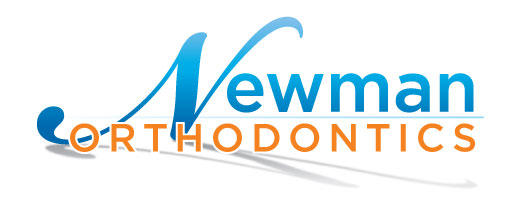Orthodontics is the practice of correcting a malocclusion (the technical term for a “bad bite”) with surgery, tooth removal, or appliances. The most familiar orthodontic appliance is dental braces, a system of wires and brackets installed in the mouth that slowly shift the teeth into proper position.
Getting braces is a decision that can change your lifestyle slightly, mostly through the avoidance of certain foods. Hard or sticky foods can both cause damage or annoyance. Hard foods can break the wires or the brackets of the braces, and sticky foods can get caught in the brackets or wires and be a challenge to remove.
Sugary foods should also be avoided while undergoing orthodontic treatment. The sugar can dissolve behind the wires or in the crevices of the brackets, where it can grow bacteria and lead to tooth decay.
Your orthodontist will give you a complete list of foods you’ll need to avoid, but a few include any form of gum, licorice, caramels and other sticky candy, ice, chips, and hard candy. If you drink soda, you will need to limit yourself to once a day, and always use a straw.
There are also a few habits you may need to give up, if you have them. For example, if you tend to chew on your pens or pencils, bite your nails, or use toothpicks, it’s a good idea to stop. Chewing on non-edible objects can damage the dental braces.
While eating, you will need to cut up food and chew it with your molars as much as possible. Using your front teeth to bite into food may cause a bracket to break.
You will still be able to play sports and maintain an active lifestyle, but you may need to wear a mouth guard so the braces don’t cut your lips or tongue if you have any impact.
Essentially, your lifestyle won’t change much. You will need to watch what you eat a bit more, and take care to not break the brackets. Using common sense to protect your teeth and braces will prevent most damage.
For more information and to schedule your orthodontic consultation in the Long Island area, contact the office of Dr. Seth Newman at 516-626-2060.



